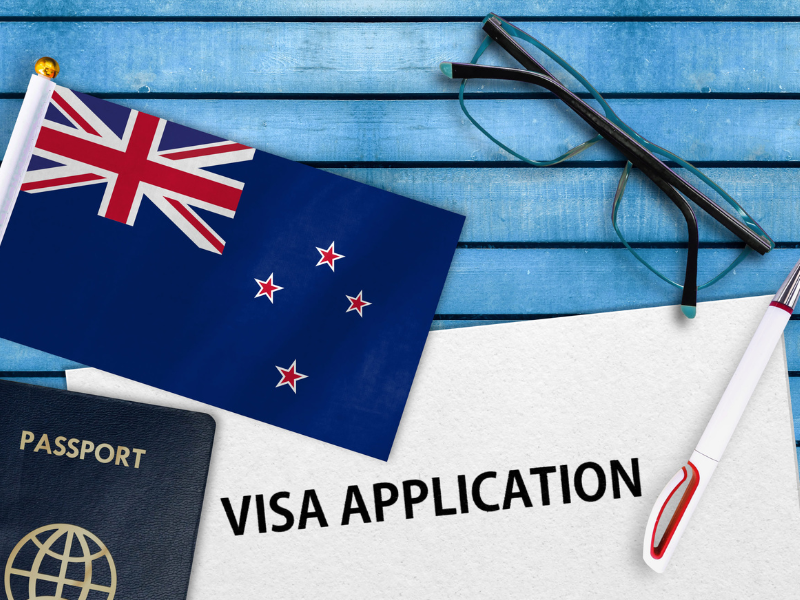The UK and the EU have already reached an agreement on citizens’ rights, which provides EU citizens living in the UK and UK nationals living in the EU before the end of the implementation period with certainty about their rights going forward. Individuals will continue to live, move and work on the same basis as now up until the end of December 2020.
However, in the future it will be for the UK Government and Parliament to decide the domestic immigration rules that will apply. Free movement will end as the UK leaves the EU.
Under the new rules, we will see:
- Skilled migrant workers.
All skilled migrant workers will be eligible to apply for a Tier 2 visa. All Tier 2 visas, except Intercompany Transfers, will require intermediate skill levels RAF 3-5 (A level equivalent). Tier 2 (Intercompany Transfers) visas will be the only category remaining on the current level 6 (degree level) requirement. The Resident Labour Market Test will be abolished, which means that employers will no longer have to show that they advertised the vacant position.It is likely that the minimum salary requirement, £30,000, will remain as will the current immigration skills and health surcharge (£400 per year an applicant is applying for).
- Low-skilled and temporary workers
There will be no dedicated route for low-skilled workers to enter the UK on a long-term basis. Workers from ‘low-risk’ countries will be able to apply for a 12-month temporary visa. However, this will be subject to a 12 month cooling-off period.The UK proposes a UK-EU youth mobility scheme to ensure that young people can continue to enjoy the social, cultural and educational benefits of living in each other’s countries. This will apply to 18-30 year olds.
- Students
The post-Brexit system for EU students wishing to study in the UK will largely reflect the current system for non-EU students. A 6 month’s post study leave will be introduced which will enable graduates to secure jobs in the UK. Students who secure a job in the UK will be able to switch into the Tier 2 visa category up to 3 months prior to the end of their course and would be able to apply from outside the UK up to 2 years after graduation.
- Visitors
Visitors will be able to come to the UK for a maximum of 6 months. There is the possibility that the business activities a visitor is allowed to engage in, during their visit will be extended but to what extent is currently unknown. Some migrants in the UK on visitor visas will be able “switch” visa categories.
- Self-employed migrants
A Tier 1 visa is the only route available for self-employed EU migrants. An applicant will need to make substantial financial commitments. The Government intends to increase the number of Tier 1 visa available.There will be a “start-up” visa which will launch in Spring 2019. However, details are yet to be provided.
What does this mean for employers?
Clearly, some sectors such as restaurants/hospitality would be more affected than others. As an employer these changes may increase the burden about carrying out right to work checks and increase costs.
You may not employ any non-EU nationals at the moment, however, these changes will mean that there will be a wider group of employers who will need to engage with the immigration system.
If you have any questions about preparing to deal with these changes and would like to speak to an expert immigration lawyer, please do not hesitate to contact us via email on contact@davenportsolicitors.com or telephone on 020 7903 6888.
















